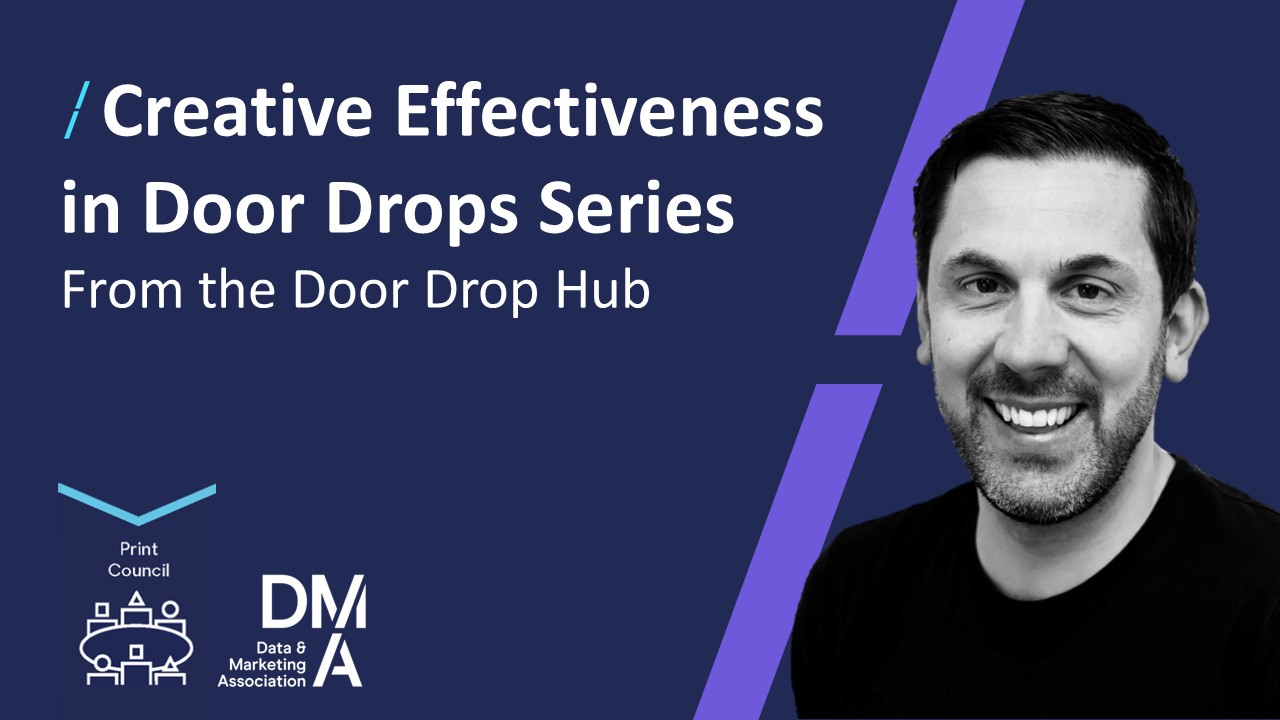Copywriting is dead, long live copywriting
29 Sep 2015
Imagine my relief when a gathering of industry wordsmiths, attending the launch of the DMA’s British Copywriting Census results at our Manchester office, shattered the clichéd image I was expecting. Rather than a moody bunch of tortured geniuses, hunched at a Hemingway-inspired bureau in the glare of an anglepoise lamp, agonising over a still-blank Word doc, we actually found that copywriters, amongst the attendees at least, still love what they do.
The census stats portray a general feeling of apathy among copywriters as a population. Sure, they feel undervalued and neglected, and the thrust of the results was passive aggression towards their agency paymasters and unappreciative consumers, but the attendees in the room could understand why the census showed what it did, although felt it wasn’t what they were experiencing, meaning a room full of happy people at the event.
Naturally, there was some consternation around the long-term security of their profession, but it was hardly hysterical. The census revealed that only 28% believe that if a client was cutting back on budgets, copywriting would be the first to go. In fact, one of the biggest worries aired was the slow, steady erosion of the English language. According to the census, 39% prefer to write long-form ads, but most accept that their world is changing and understand that much more copy will be digital summaries, soundbite ads and social media posts – something they still enjoy doing as they can still be creative with the English language, even in 140 characters.
The most widely expressed bugbear was the role of the brief and at what stage they came into it. The census quotes from copywriters surveyed: “We need to get in front of clients. We need to get to the factory, play with the product, talk to clients, talk to the customers. Agencies have to let that happen and to give writers time. Copy should stop being seen as the artificial lamb to a client’s comments.” Essentially, copywriters want to be much more involved in the briefing process, with 70% stating they need better clarity to do their job correctly.
The general consensus among the audience was a lack of transparency from client brief to copywriter to help them understand context. Why does the agency model not allow them to be part of the initial briefing, at the point when they could get to grips with the client, the objectives and the results sought? In reality, they receive a brief from the art or creative director without the personal insight that could inspire award-winning campaigns. Perhaps the siloed nature of agencies needs to be address in the first instance.
Copywriters are creative and imaginative, something that should be expressed across all of the work they produce. However, especially within agencies, there seems to be a set of robust processes in place that create a factory-like environment, frowning on flexibility and impeding inspiration.
Despite these observations, it was a lively debate. There was a real sense of positivity within the room and it was nice to hear that all the optimistic results of the survey were agreed with whereas the negativity wasn’t necessarily taken as read.
The conclusion was that copy is results driven, much like everything else in business, therefore copywriters should be treated like every other member of the agency team. They should not be the last ones to see the brief or be told about a project; they need to be involved from the beginning to enable a collaborative process that breeds success. Overall, this will ensure the company or agency is seen as imaginative, unique and creative in everything it delivers.
And just on a side note, I can confirm they don’t drink as much as the census would suggest. Well, not in the morning anyway.





Please login to comment.
Comments